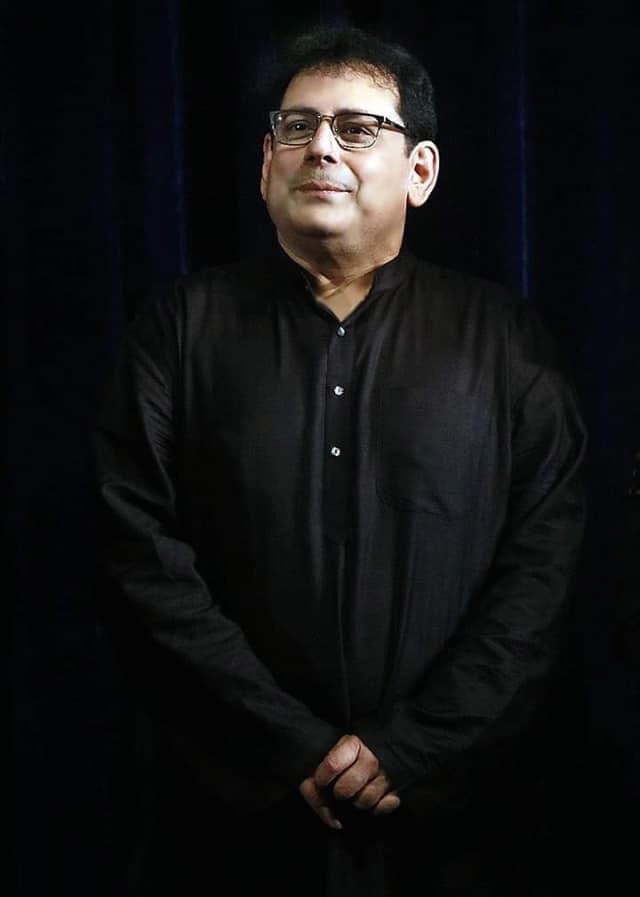 Music education in the United Kingdom comprises an expansive constellation of people, programs, and ideas. Although the numerous organizations whose purpose is to promote teaching and learning of music may be perceived as a tacit confederation—loosely defined by a commonly held belief that music is good and worthy of support—teachers, performers, composers, publishers, presenters, manufacturers, scholars, and researchers align themselves to form disparate constituencies that often have little to say to one another. The institution’s design was created to blur limiting distinctions to the greatest extent possible, not only within music, but also between music and other disciplines in the community.
Music education in the United Kingdom comprises an expansive constellation of people, programs, and ideas. Although the numerous organizations whose purpose is to promote teaching and learning of music may be perceived as a tacit confederation—loosely defined by a commonly held belief that music is good and worthy of support—teachers, performers, composers, publishers, presenters, manufacturers, scholars, and researchers align themselves to form disparate constituencies that often have little to say to one another. The institution’s design was created to blur limiting distinctions to the greatest extent possible, not only within music, but also between music and other disciplines in the community.
Music inheres in the human experience, and although the surface features of music activities may effectively disguise the commonalities of music across ages, cultures, genres, and media, there exists a common set of principles that underlies all music teaching and learning. The goals of music education at all levels of instruction express a different view, one that values connoisseurship, active participation, and literacy. Far from devaluing the music of popular culture, this view insists that the full potential of music to enrich human lives reaches beyond passive listening and beyond a narrow bandwidth of music. Music teaching is in some respects—in many respects—a remarkably successful enterprise. Many students of music learn to sing and play and improvise and compose and think with remarkable skill, fluency, expressiveness, and creativity.
In other respects, music teaching falls far short of its potential. Many other students engage in music study for a time, either voluntarily, under parental duress, or as part of a mandated curriculum. The goals of music education at their best honour the substance and relevance of diverse music while aspiring to engender levels of sophistication that come only through participating in all of the activities of music: listening, singing, playing, improvising, composing, dancing. Through interdisciplinary collaborations that closely examine the processes of knowledge acquisition and skill development in music.
Dakshinayan UK seeks not only to contribute to the enrichment of a musically vital society but also to deepen our fundamental understanding of how people learn.
Singing and music play an important role in our culture. You’ll find music present in many aspects of our lives: theatre, television, movies, worship, holidays, celebrations, government and military ceremonies. At home, music can become part of our family culture – a natural part of our everyday experiences.
From birth, parents instinctively use music to calm and soothe children to express their love and joy and to engage and interact. Parents can build on these natural instincts by learning how music can impact child development, improve social skills, and benefit kids of all ages.